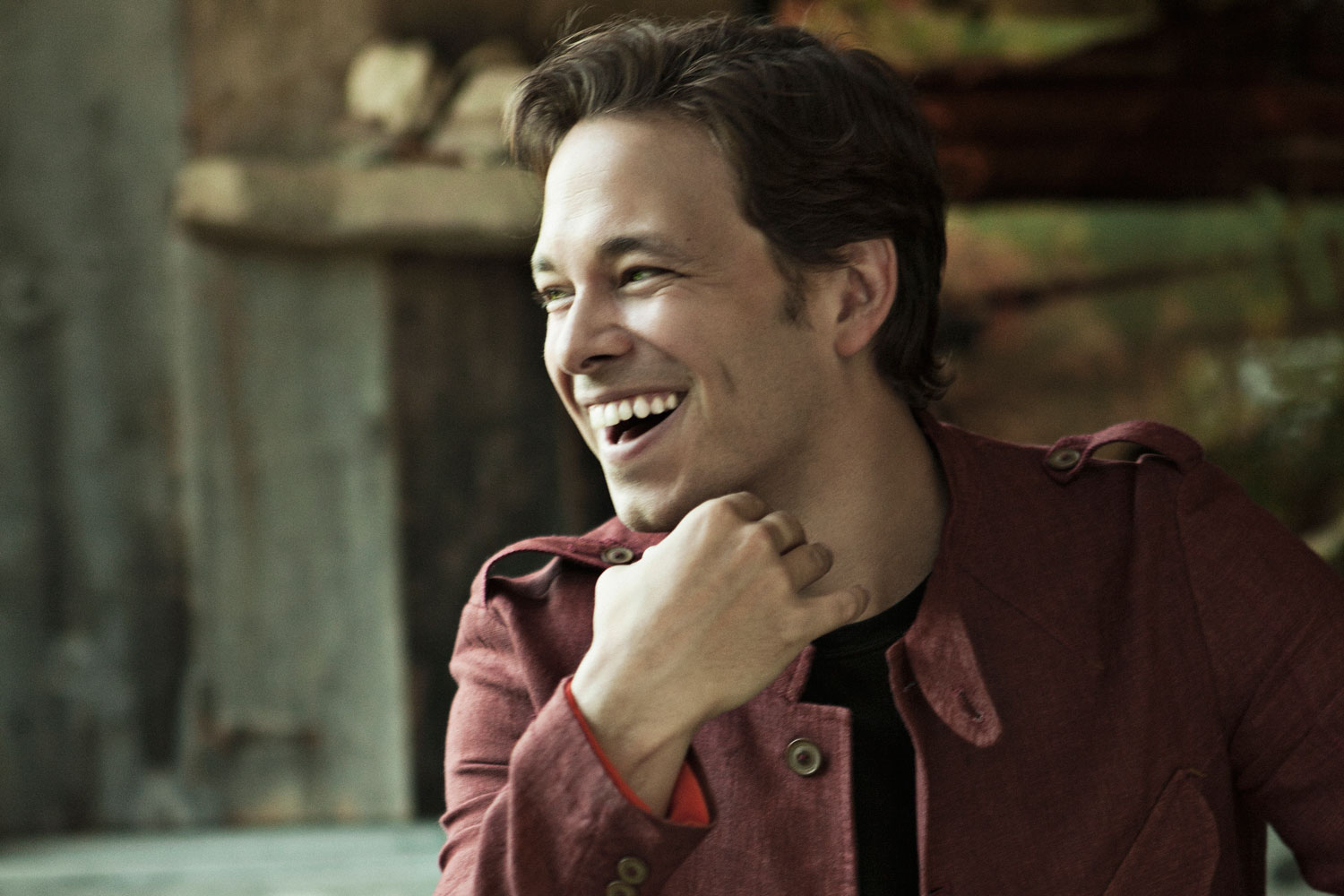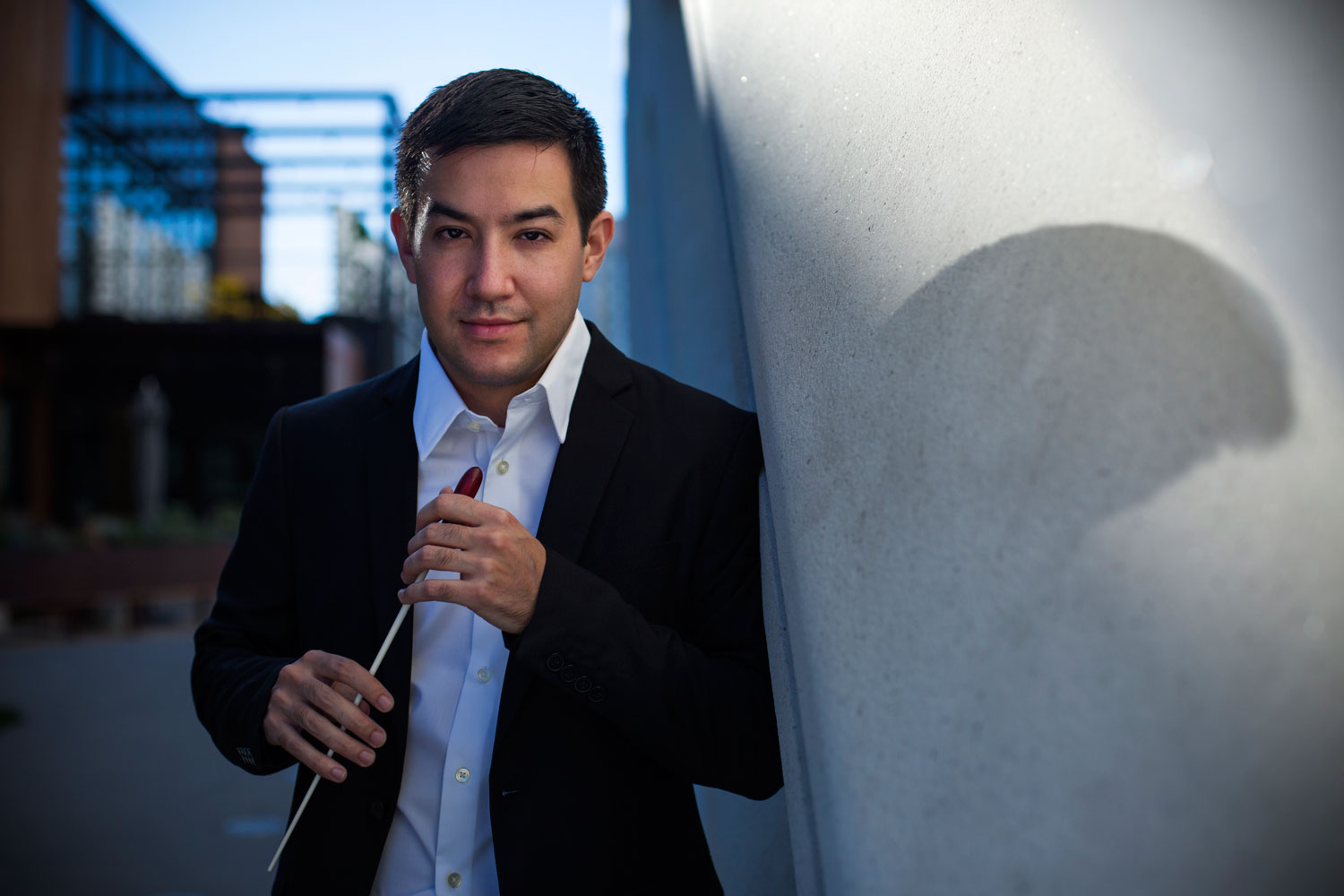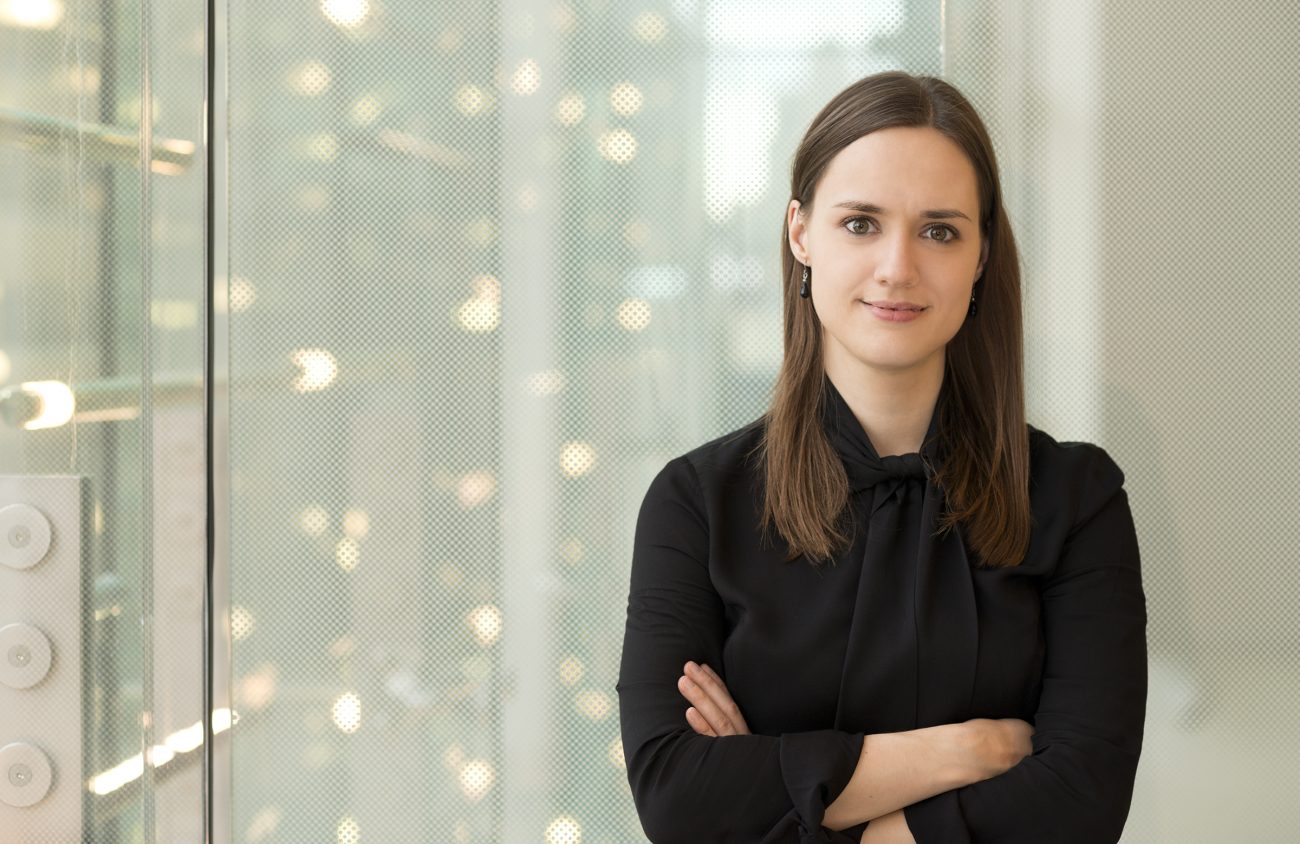EW asked the three music director candidates about their philosophy and plans for the orchestra, with emphasis on the role of new music, Oregon music, diversifying audiences and community involvement.
Here are excerpts from their responses.
Dina Gilbert
“My main philosophy as a music director is to develop a relationship of trust between the orchestra and the audience … by insisting that every piece in every concert deserves the full attention of the concertgoers and also by communicating and engaging with the audience before some lesser-known pieces. As music director of the Eugene Symphony, I would like to pursue … innovative concert programs with a special focus to attract 18- to 35-year-olds, who are mostly students at the University of Oregon or young professionals.”
A native of Quebec, Dina Gilbert is former assistant conductor of the Orchestre symphonique de Montreal and founder and artistic director of Ensemble Arkea, a chamber orchestra group that presents innovative interpretations of orchestral music. She conducted the orchestra in December.

Ryan McAdams
“I became a conductor first and foremost to deepen the relationship between an orchestra and its community. We have to make sure that what we put on the stage reflects the diversity of the world we are inviting into the concert hall. If we can help people to feel that they are seen and heard outside of the concert hall, then they will feel more excited about having a collective experience inside it. The collective experience of music-making must be available to everyone, and orchestras can now go outside the concert hall to offer it directly.”
Brooklyn resident Ryan McAdams, who’s received acclaim for leading orchestras around the world, is the first-ever recipient of the Sir Georg Solti Emerging Conductor Award. He conducts the orchestra on Jan. 26.

Francesco Lecce-Chong
“When I am considering pieces for a program, I keep three specific questions in mind: How does the piece fit in with the audience, community and orchestra? What does the piece mean to me as an artist? And how does it relate with other pieces on the program? I think the most successful music directors are ones who develop a level of trust with their audience — a trust that the music on the program will be meaningful and memorable, even if they are unfamiliar with it.”
Francesco Lecce-Chong, a native of Boulder, Colo., has worked with orchestras around the world and is Assistant Conductor of the Pittsburgh Symphony Orchestra and Music Director of the Pittsburgh Youth Symphony Orchestra. He conducts the orchestra on March 16.
